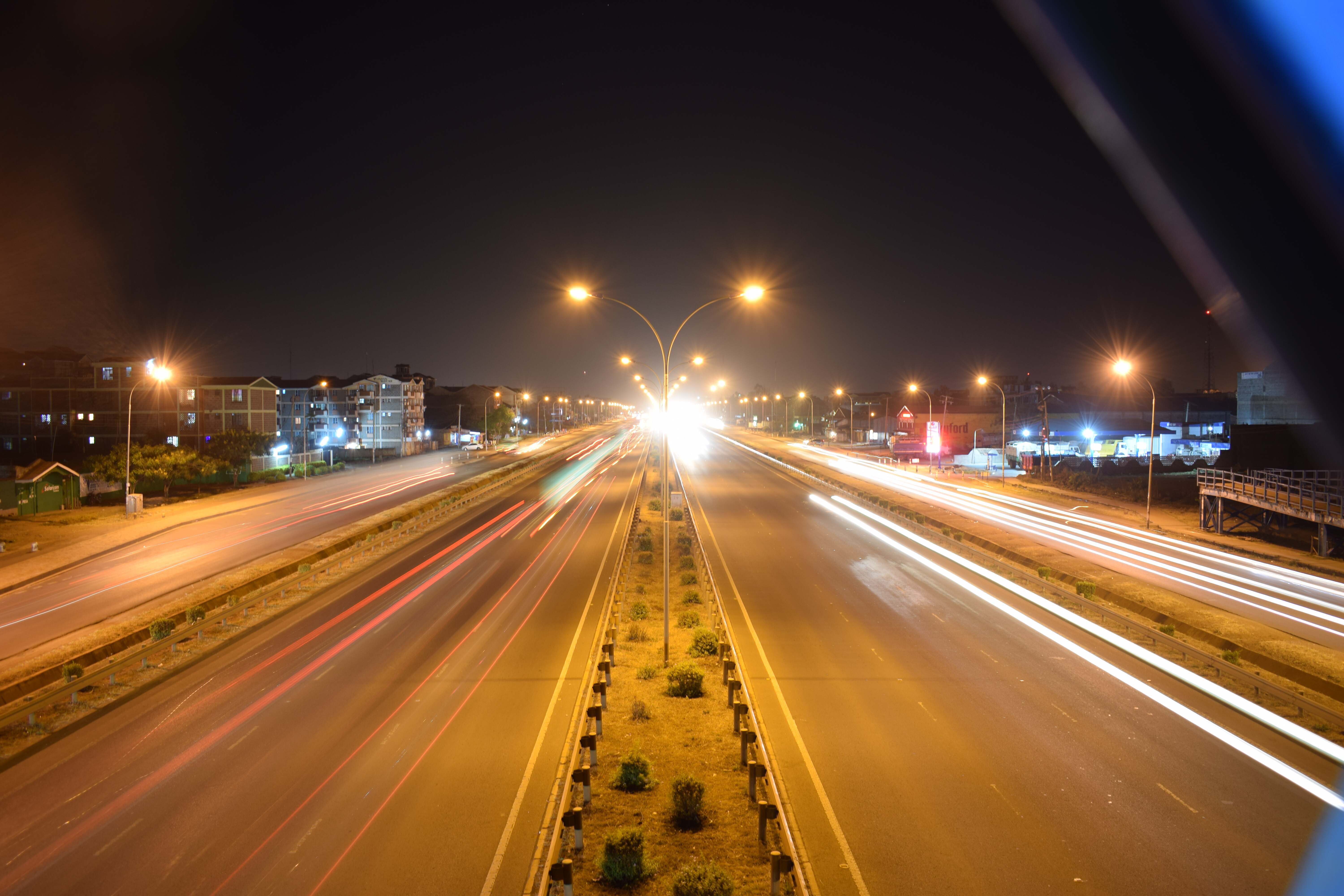In 1900, when Lord William Northrop Macmillan arrived in Nairobi, he was carrying two statues he had bought in West Africa. He had been told that one was Ju and the other was Ja, and had been asked to preserve them – otherwise he would perish at sea.
McMillan then settled on the road to Thika where he bought some 19,000 acres, at a time when nobody was allowed to own more than 5,000 acres. Privately, he attributed it to the powers of Ju and Ja idols and as a result he named the large expanse Ju-Ja Farm.
Because of the numerous superstition that surrounded Juja Farm, it became a no-go zone and locals used to fear entry into a land they always heard had been jinxed.
As a result, McMillan's wife took the two idols from the house and buried them in Ndarugu valley, near Thika Town. As a result, the name Juja started entering into annals of colonial history in Kenya and refused to give way to its former name ‘Weru wa Ndarugu’, the Ndarugu plains.
After Independence, the land in Juja Farm was sold in form of ballots with sizes starting from a minimum of 31/4 acres.



